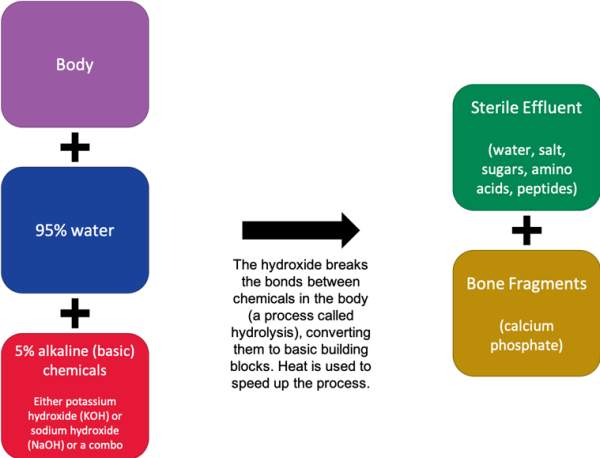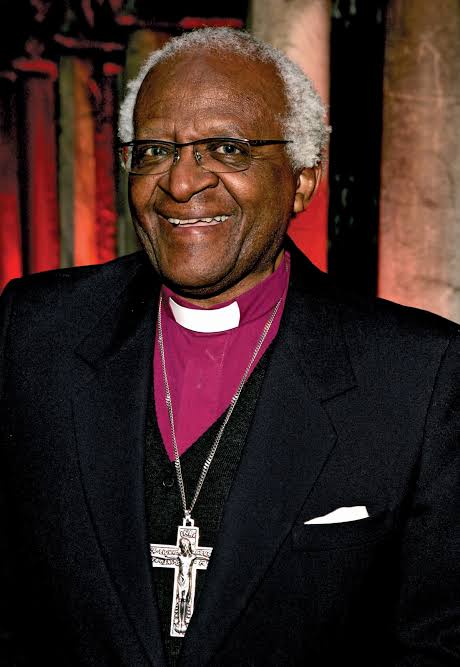Biodiversity & Environment
Aquamation
- 05 Jan 2022
- 4 min read
For Prelims: Aquamation, Nobel Peace Prize, greenhouse gases, Desmond Tutu water cremation, green cremation, flameless cremation, chemical cremation.
For Mains: Noble prize, Apartheid
Why in News
Recently, the Nobel Peace Prize winner Anglican archbishop and anti-apartheid campaigner Desmond Tutu died. He was very passionate about protecting the environment and taking necessary actions.
- In concurrence of his passion to save the environment, his body underwent aquamation, a green alternative to traditional cremation methods.
- The process of aquamation uses energy which is five times less than fire. It also reduces by about 35% the amount of greenhouse gases that are emitted during cremation.
Key Points
- About Aquamation:
- It is a process in which the body of the deceased is immersed for a few hours in a mixture of water and a strong alkali in a pressurized metal cylinder and heated to around 150 degree centigrade.
- The combination of gentle water flow, temperature and alkalinity accentuate the breakdown of the organic materials.
- The process leaves behind bone fragments and a neutral liquid called effluent.
- The effluent is sterile, and contains salts, sugars, amino acids and peptides.
- There is no tissue and no DNA left after the process completes.
- Background: The process was developed and patented in 1888 by Amos Herbert Hanson, a farmer who was trying to develop an ingenious way to make fertilizer from animal carcasses.
- The first commercial system was installed at Albany Medical College in 1993.
- Thereafter, the process continued to be in use by hospitals and universities with donated body programmes.
- This process is referred to as alkaline hydrolysis or as Cremation Association of North America (CANA) (an international non-profit organisation) calls it flameless cremation.
- The process is also known as water cremation, green cremation or chemical cremation.
Desmond Tutu
- Desmond Tutu is one of South Africa’s most well-known human rights activists, winning the 1984 Nobel Peace Prize for his efforts in resolving and ending apartheid.
- He is known as the voice of the voiceless for Black South Africans.
- When Nelson Mandela was elected as the nation’s first Black president—he appointed Tutu chairperson of the Truth & Reconciliation Commission.
- The Truth and Reconciliation Commission was a court-like restorative justice body assembled in South Africa in 1996 after the end of apartheid.
- As the chairman, Desmond Tutu has formulated his objective as “a democratic and just society without racial divisions”, and has set forward the following points as minimum demands:
- Equal civil rights for all
- The abolition of South Africa’s passport laws
- A Common system of education
- The cessation of forced deportation from South Africa to the so-called “homelands”.






